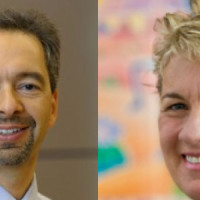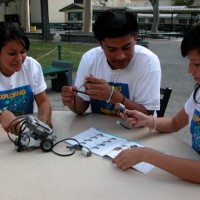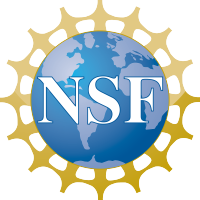
Excitement Around K-12 CS Education, but There’s Work to be Done by the CS Community
Mayor Bill de Blasio announced this week that every public school in New York City, from elementary through high school, must offer computer science (CS) courses to all students within 10 years. It is estimated that fewer than 10% of schools in New York City currently offer a CS course, and only 1% of students take such a class. Computer science will not be required of all students, but the opportunity to take a CS course will be available in every school.









